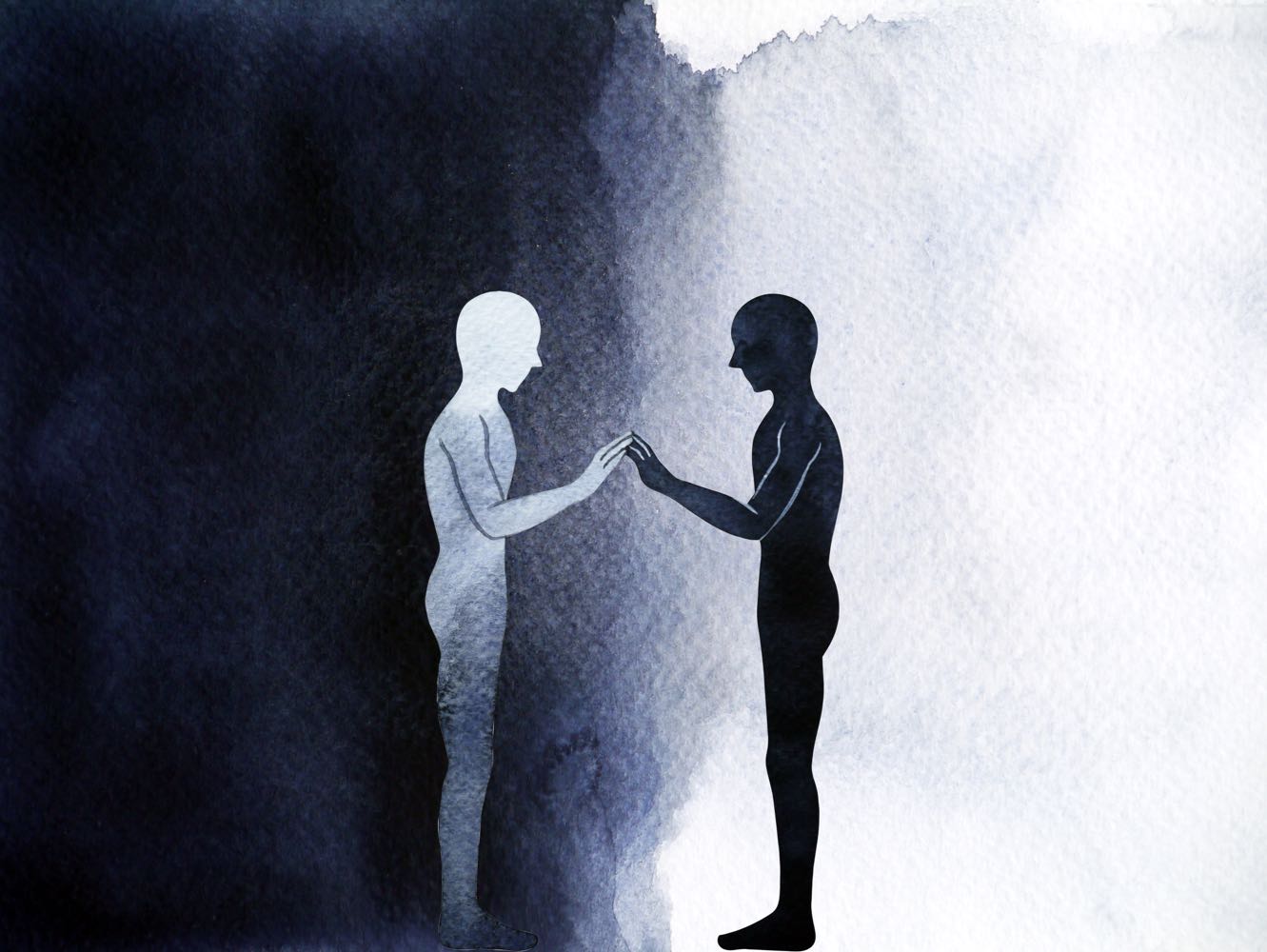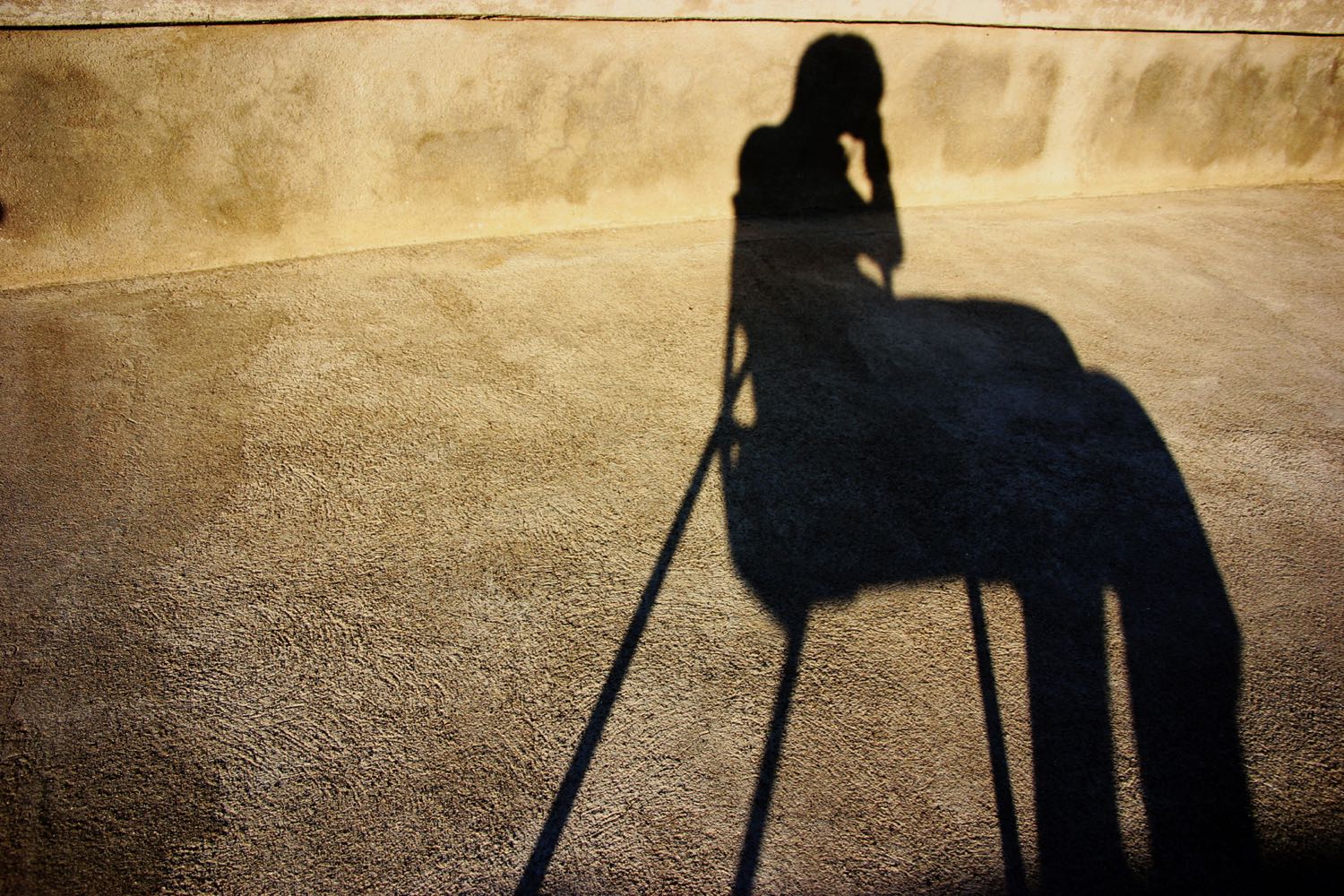





In order to integrate and accept our full selves, we have to delve into the parts of ourselves that we dislike, that we may wish we didn't have or carry, that cause us pain and continued suffering. In facing our self in our entirety we can fully heal our deeper self. Shadow work was originally identified by famous psychologist Carl Jung who believed the shadow psyche represents our unconscious parts that are not fully integrated into our conscious awareness. Conceptualising the shadow self as natural and necessary part of the human psyche, Jung believed the process of integrating to be essential for achieving psychological wellness and wholeness.
The shadow psyche represents the parts of ourselves we have repressed, denied or disowned. The 'shadow' of our self includes traits we deem to be negative and unwanted, comprising of feelings, behaviours and ways of being that over time we have learned to reject and suppress. These traits of ourselves are most often deemed undesirable and are at direct conflict with the self-image we create in our conscious mind based on social norms, expectations and desires. By bringing this part of our Self into our conscious awareness in a healthy and constructive way we can learn to explore deep inner fears, desires, and vulnerabilities, learning to accept them and therefore our whole selves, as we are.


By accessing our unconscious patterns and using the knowledge we find out about ourselves we become more capable of genuine authentic relating. In learning to accept our whole selves without judgement we can then hold this space for others when authentically relating. In doing so, an inner confidence, greater sense of personal empowerment and freedom is nurtured.
Together all aspects of breathwork lead to a greater sense of self awareness, self-acceptance and personal growth - and in doing so we learn to do this with others, leading to fuller more satisfying and complete relationships with people around us.
By virtue of being human every one of us has a shadow part of our selves. In the words of Carl Jung, ‘“Everyone carries a shadow, and the less it is embodied in the individual’s conscious life, the blacker and denser it is.. if it is repressed and isolated from consciousness, it never gets corrected.”
By having the courage to turn our attention inside ourselves and look into our unconscious behaviours will bring to light what we have denied ourselves from seeing fully in ourselves. Through enquiring with curiosity and in a playful way not only can free us from shame, fear and guilt but also gives us access to our own personal power that hides in our unconscious


When you ignore your shadow it runs in your subconscious and effects every part of your life.

Our suppressed parts of ourselves have a clever way of demanding our attention when we least expect it. Usually by taking on unwelcome qualities, which then play out unconsciously and out of our control. Quite often we project our shadows onto other instead of taking responsibility for our own inner demons this can lead to needs and strategies being out of balance and reinforces our own shame and self judgements.
Through shadow integration work we will look without judgements how your subconscious is running your life. Working with the inner critic, the witness and the observer to integrate these areas fully into our psyche and realise our full human potential and our own personal power without being held back by our conditioned beliefs. It will bring some profound ah ha moments and has the capacity to provide answers to many questions and integrate polarities which may be playing out in your life.

I am available by telephone, text, WhatsApp email and social media.